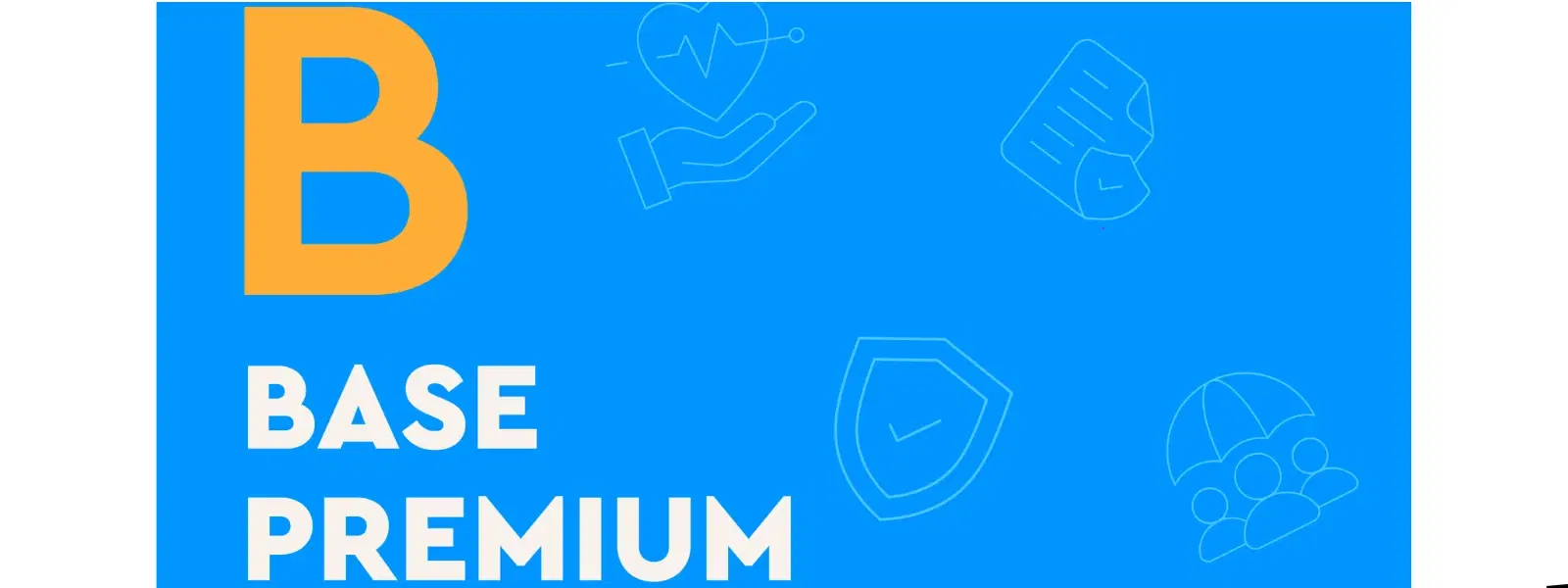
Insurance
•01 min read

Welcome to our brand-new series, A-Zs of Insurance. In this series, we will venture into the world of insurance to breakdown insurance jargon for you, so you’re empowered to make informed decisions about your financial security.
When you buy an insurance policy, you essentially enter into a contract with the insurer. The insurer charges you a fee, against which they provide you with a predetermined sum of money in your moment of need. The fee that they charge is known as a ‘premium’.
The premium you’ll have to pay is calculated based on various factors, which vary across insurance products.

For instance, if you’re buying health insurance, your premium will depend on your age, medical history, lifestyle habits, and more. If you’re getting motor insurance, it’ll depend on your car’s age, insured declared value, cubic capacity, etc.
The total premium you pay is made up of different components, like the basic cost of the policy i.e. the base premium, rider premium, taxes, etc.
So, Premium= Base Premium + Rider Premium (if any) + Taxes + Other charges (if any)

In the simplest sense, the ‘base premium’ of your insurance policy is the core cost of the product.
Base Premium = Total Premium – Rider Premium – Taxes – Other charges (if any)
Pro tip: In the case of health or term insurance, where base premium depends on the insured’s age, it is advisable to get covered while you are young, as the price for this tends to go up as you get older.